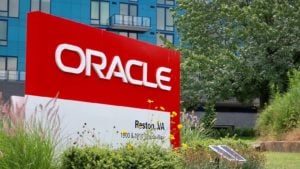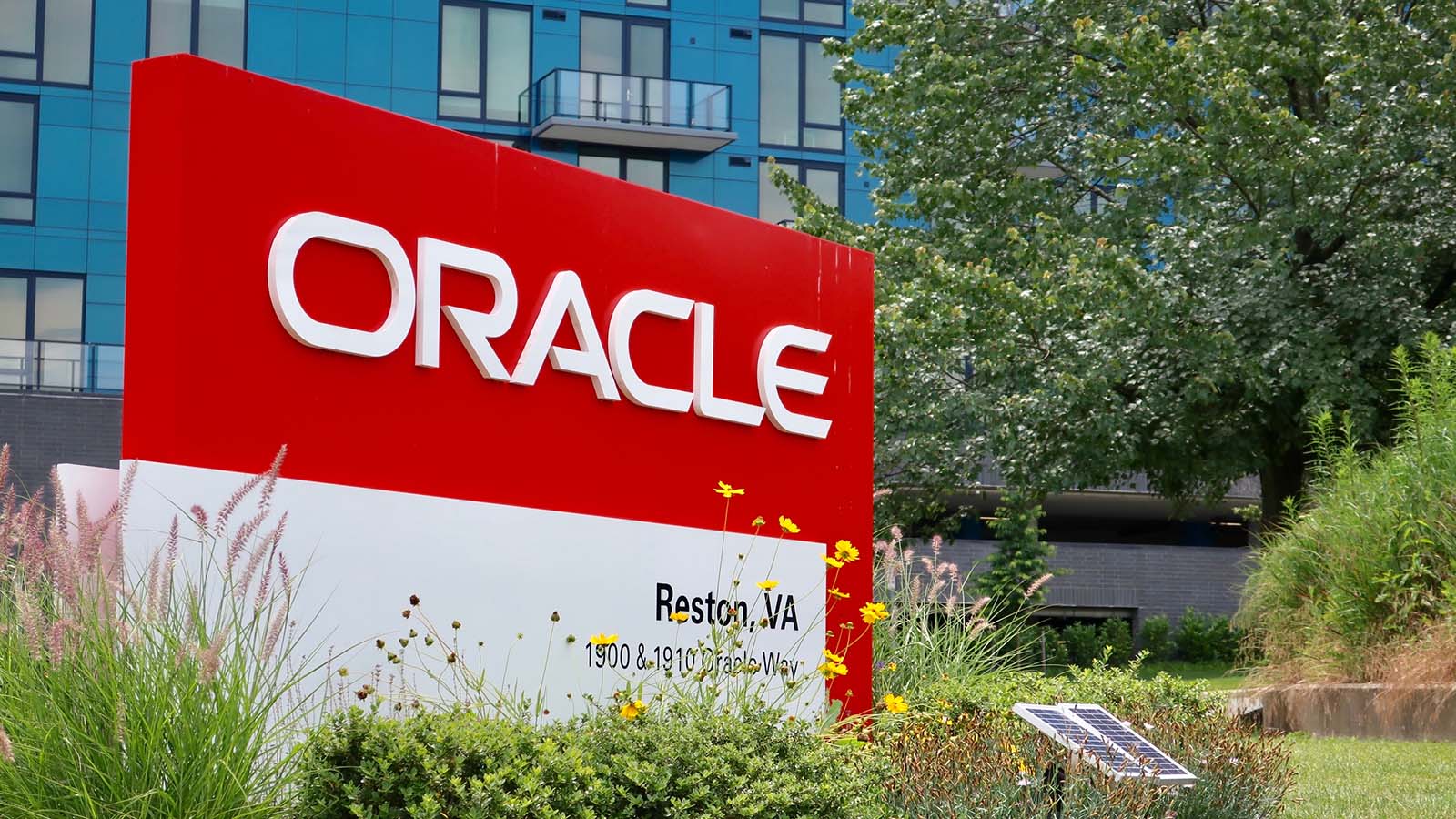Oracle (NYSE:ORCL) is the Silicon Valley giant that missed the point.

The company has spent the 21st century fighting open source, the idea that software should be a shared endeavor whose benefits go mainly to customers. This made it late to the cloud, the most profitable trend of the last decade, because the cloud is based on open-source software.
Now Oracle stands on the brink of a great victory, the breaking of open-source tech in court. In Oracle vs. Google, to be heard March 24, it will tell the Supreme Court that instructions on using software, called application program interfaces (APIs), can be as protected by copyright as software itself. In effect it’s saying open-source licenses can be rendered moot by corporate fiat.
It’s likely to win the argument. President Donald Trump’s administration supports it, thanks in part to generous political contributions from Oracle co-founder Larry Ellison.
A Pyrrhic Victory
But even if victory comes, it will be a Pyrrhic one. Open-source projects have already moved to protect themselves, placing their code in private foundations. Customers have learned not to trust projects controlled by corporations. The cloud rolls on.
Oracle is still missing the boat. The stock is up just 12% over the last five years. It pays a paltry dividend of 24 cents that yields just 1.9%. Under former Oracle manager Marc Benioff, Salesforce’s (NYSE:CRM) database code has turned into a gold mine. Salesforce now has a market capitalization of $145 billion, not far from Oracle’s $160 billion.
Oracle has tried to respond with Oracle Cloud. But from the beginning, it was never a real cloud. It was built with proprietary hardware, run with proprietary software. Customers know the difference. Oracle is now having to lay off 1,300 people in Ireland, Spain and the Netherlands, most of whom will be snapped up by rivals.
One of those rivals is Alphabet (NASDAQ:GOOG, NASDAQ:GOOGL). Its Google Cloud was late to the re-sale party and is now third in that market behind Amazon (NASDAQ:AMZN) and Microsoft (NASDAQ:MSFT). Its strategy for catching up has been to hire Thomas Kurian, who spent the previous 22 years as a director of project management. At Oracle.
Larry’s Doing OK
Former CEO Ellison may be the most unpopular man in Silicon Valley today. He has been funding dark money groups fighting the major cloud companies. He has contributed heavily to Trump and seen 300 employees hold a one-day strike in protest.
But he’s doing fine. His $59.4 billion fortune is the world’s eighth largest. He owns the Hawaiian island of Lanai. He is a member of the board at Tesla (NASDAQ:TSLA), having bought 3 million of its shares in 2018. That stake alone is worth over $2 billion.
The Bottom Line on Oracle Stock
While Ellison and his executive team have made themselves rich, they haven’t done very well for shareholders. Over the last year the stock’s performance has even trailed that of International Business Machines (NYSE:IBM).
Oracle continues to insist its cloud customers will do OK, too. It has a new Cloud Data Science platform. This sounds great but, like so many Oracle Cloud “innovations,” it’s years late to the party. Companies that remain tied to Oracle’s databases by contract may welcome the new capabilities. Prospective customers know better.
If Oracle were not working near the cutting edge of technology, the company would be failing. Its strategies are out of step with the industry mainstream. Thanks to the cloud raising all boats, it’s only Oracle shareholders who are suffering.
Dana Blankenhorn has been a financial and technology journalist since 1978. His latest book is Technology’s Big Bang: Yesterday, Today and Tomorrow with Moore’s Law, essays on technology available at the Amazon Kindle store. Follow him on Twitter at @danablankenhorn. As of this writing he owned shares in MSFT and AMZN.
